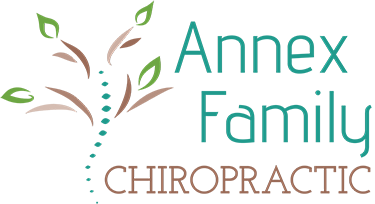While all people need to focus on getting the right nutrients in their body, men and women can have some variances in what they need for their specific gender. For example, women need more calcium because they are at a greater risk of ending up with osteoporosis. Men need more protein and calories than women do because men have a larger body and more muscle mass.
Men and women both need folic acid, but women need more of it during childbearing years and require an extra supplement for it. When it comes to men and women, they need most of the same things but each gender may require more of something than the other one. Take a look at the things that women need most when it comes to the right nutrients.
Fiber
For starters, women need to make sure they are getting plenty of fiber. It’s recommended that you get 25g if you’re under 50 and 21g if you are over 50. It helps to keep women regular and lowers the chances of developing heart disease, diabetes, certain cancers, obesity, and even a stroke. This is particularly important during pregnancy. Choose foods high in fiber such as avocados, black beans, berries, chia seeds, and coconut.
Iron
You’ve likely heard it before but women tend to be low in iron. It’s important to make sure you get enough of it because it’s important for health, sustained energy, and avoiding fatigue, infection, and irritable moods.
You can find it in spinach, black beans, grass-fed beef, liver, and even dark chocolate. Iron works to transport oxygen while regulating cell growth, aiding your bone marrow in creating healthy red blood cells so that you don’t become weak. Make sure you get 18mg for 19-50 year olds and 8mg for over 50.
Calcium
Everyone needs calcium because it gives you strong bones, but how much do women need? Make sure you are get 1,200mg if you’re over 50 and 1,000 if you are between 19-50 years. Women are more likely to develop osteoporosis from a lack of calcium because the body will take from your bones to make sure the cells can function well. Choose more kale, raw milk, broccoli, yogurt, and watercress to get the calcium your body needs. It’s also important for your heart’s proper rhythm and nervous system function.
Folate
As mentioned, folate is so important for women, especially in the child-bearing years. You need 400mcg-600mcg during pregnancy and 500mcg when breastfeeding because it’s crucial to the development of cells. Folate reduces the chances of birth defects and lowers the risk of heart disease and certain cancers. Make sure you get it before conception and during pregnancy through citrus fruits, avocado, kidney beans, peanuts, and black-eyed peas.
Protein
While men need more protein than women, women still need 10-35% of their daily caloric intake to consist of protein. You’ll need more if you are into weight-lifting because it aids in muscle development, but make sure you get some grass-fed beef, organic chicken, yogurt, wild fish, or black beans in your diet for your daily protein needs.
Since all of your cells have protein, it makes sense that you have to replenish your body with protein. It works to repair and create new cells, and it’s especially important for pregnant women and for children.
If you were wondering what kinds of foods you should be incorporating into your diet, use this guide to make sure you are covering all of the areas that women really need to focus on for prime health.



